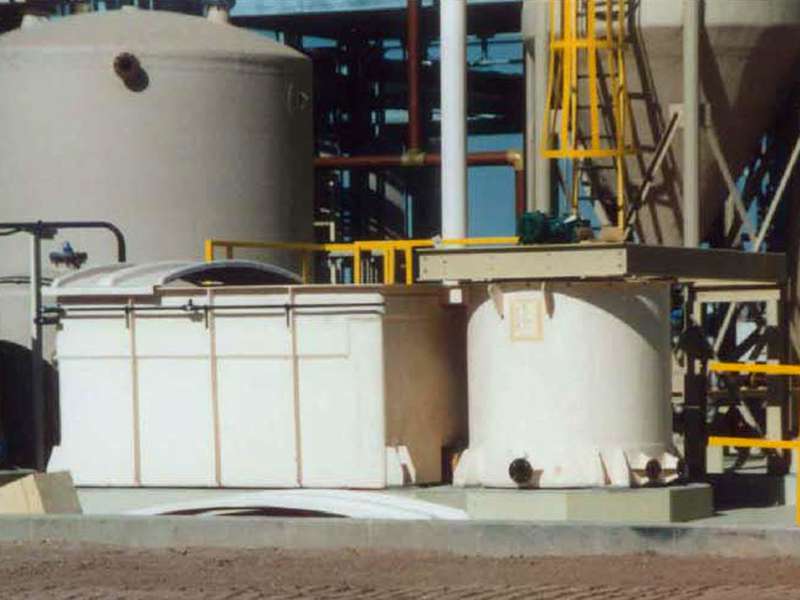
-
 Afrikaans
Afrikaans -
 Albanian
Albanian -
 Amharic
Amharic -
 Arabic
Arabic -
 Armenian
Armenian -
 Azerbaijani
Azerbaijani -
 Basque
Basque -
 Belarusian
Belarusian -
 Bengali
Bengali -
 Bosnian
Bosnian -
 Bulgarian
Bulgarian -
 Catalan
Catalan -
 Cebuano
Cebuano -
 China
China -
 China (Taiwan)
China (Taiwan) -
 Corsican
Corsican -
 Croatian
Croatian -
 Czech
Czech -
 Danish
Danish -
 Dutch
Dutch -
 English
English -
 Esperanto
Esperanto -
 Estonian
Estonian -
 Finnish
Finnish -
 French
French -
 Frisian
Frisian -
 Galician
Galician -
 Georgian
Georgian -
 German
German -
 Greek
Greek -
 Gujarati
Gujarati -
 Haitian Creole
Haitian Creole -
 hausa
hausa -
 hawaiian
hawaiian -
 Hebrew
Hebrew -
 Hindi
Hindi -
 Miao
Miao -
 Hungarian
Hungarian -
 Icelandic
Icelandic -
 igbo
igbo -
 Indonesian
Indonesian -
 irish
irish -
 Italian
Italian -
 Japanese
Japanese -
 Javanese
Javanese -
 Kannada
Kannada -
 kazakh
kazakh -
 Khmer
Khmer -
 Rwandese
Rwandese -
 Korean
Korean -
 Kurdish
Kurdish -
 Kyrgyz
Kyrgyz -
 Lao
Lao -
 Latin
Latin -
 Latvian
Latvian -
 Lithuanian
Lithuanian -
 Luxembourgish
Luxembourgish -
 Macedonian
Macedonian -
 Malgashi
Malgashi -
 Malay
Malay -
 Malayalam
Malayalam -
 Maltese
Maltese -
 Maori
Maori -
 Marathi
Marathi -
 Mongolian
Mongolian -
 Myanmar
Myanmar -
 Nepali
Nepali -
 Norwegian
Norwegian -
 Norwegian
Norwegian -
 Occitan
Occitan -
 Pashto
Pashto -
 Persian
Persian -
 Polish
Polish -
 Portuguese
Portuguese -
 Punjabi
Punjabi -
 Romanian
Romanian -
 Russian
Russian -
 Samoan
Samoan -
 Scottish Gaelic
Scottish Gaelic -
 Serbian
Serbian -
 Sesotho
Sesotho -
 Shona
Shona -
 Sindhi
Sindhi -
 Sinhala
Sinhala -
 Slovak
Slovak -
 Slovenian
Slovenian -
 Somali
Somali -
 Spanish
Spanish -
 Sundanese
Sundanese -
 Swahili
Swahili -
 Swedish
Swedish -
 Tagalog
Tagalog -
 Tajik
Tajik -
 Tamil
Tamil -
 Tatar
Tatar -
 Telugu
Telugu -
 Thai
Thai -
 Turkish
Turkish -
 Turkmen
Turkmen -
 Ukrainian
Ukrainian -
 Urdu
Urdu -
 Uighur
Uighur -
 Uzbek
Uzbek -
 Vietnamese
Vietnamese -
 Welsh
Welsh -
 Bantu
Bantu -
 Yiddish
Yiddish -
 Yoruba
Yoruba -
 Zulu
Zulu
FRP Pipes and Fittings Applications in Shipbuilding Industry
The Importance of FRP Pipes and Fittings in Shipbuilding
In the modern shipbuilding industry, the choice of materials is pivotal to the performance, durability, and efficiency of marine vessels. One increasingly popular material that has gained traction in recent years is fiber-reinforced plastic (FRP). FRP pipes and fittings have emerged as a preferred choice for numerous applications in shipbuilding, thanks to their unique properties and advantages over traditional materials like steel and aluminum.
Understanding FRP Materials
FRP is a composite material made from a polymer matrix reinforced with fibers. The fibers are typically made from glass, carbon, or aramid, while the polymer matrix can be a variety of thermosetting resins. This combination results in a material that exhibits high strength, low weight, and excellent resistance to corrosion and environmental degradation. These characteristics make FRP an exceptional choice for marine applications, where vessels are frequently exposed to harsh marine environments.
Advantages of FRP Pipes and Fittings
1. Corrosion Resistance One of the most significant advantages of FRP pipes and fittings is their superior corrosion resistance. Unlike metal components that can rust and degrade over time due to exposure to saltwater and other harsh chemicals, FRP remains unaffected, ensuring a longer lifespan and reduced maintenance costs.
2. Weight Reduction The lightweight nature of FRP contributes to overall vessel efficiency. This reduction in weight allows for improved fuel efficiency and increased payload capacity, which is essential for shipping companies looking to maximize their operational effectiveness.
3. Design Flexibility FRP can be molded into a variety of shapes and sizes, allowing for greater design flexibility in piping systems. This adaptability enables shipbuilders to create customized solutions that meet specific requirements without compromising on structural integrity.
4. Thermal Insulation FRP materials possess good thermal insulation properties, which helps in controlling temperature fluctuations in various systems aboard ships. This quality is particularly important for pipes carrying hot or cold fluids, ensuring efficient operation while minimizing energy losses.
frp pipes and fittings for ship building

5. Low Maintenance The inert nature of FRP makes it resistant to fouling and biological growth, significantly reducing the need for maintenance. Ship operators can benefit from decreased downtime and lower maintenance costs associated with traditional piping materials.
6. Environmental Impact With the increasing focus on sustainability and environmental impact in the maritime industry, FRP offers a favorable solution. Its manufacturing processes often result in lower energy consumption compared to traditional materials, and its longevity reduces the need for frequent replacements, thereby minimizing waste.
Applications in Shipbuilding
FRP pipes and fittings find applications in a variety of systems within ships. These include
- Waste and Sewage Systems FRP's resistance to corrosion makes it an ideal choice for waste management systems, where exposure to harsh chemicals and biological substances is common. - Cooling and Heating Systems FRP is often used in HVAC systems, as well as for cooling water and chilled water applications, where leaks and efficiency are critical concerns.
- Ballast Systems The lightweight properties of FRP help optimize ballast systems, contributing to better stability and maneuverability of the ship.
- Fuel and Oil Transfer Given the importance of maintaining the integrity of fuel and oil transfer systems, the corrosion resistance of FRP ensures safe and efficient operations.
Conclusion
As the shipbuilding industry continues to evolve, the incorporation of advanced materials such as FRP is increasingly seen as essential for enhancing performance, durability, and sustainability. With its myriad advantages—including corrosion resistance, weight reduction, design flexibility, and low maintenance—FRP pipes and fittings represent the future of marine engineering. Shipbuilders who embrace this innovative material will not only improve the quality and efficiency of their vessels but also contribute to a more sustainable maritime industry. As the demand for enhanced performance and safety in shipbuilding grows, FRP is poised to play an even more significant role in the years to come.









